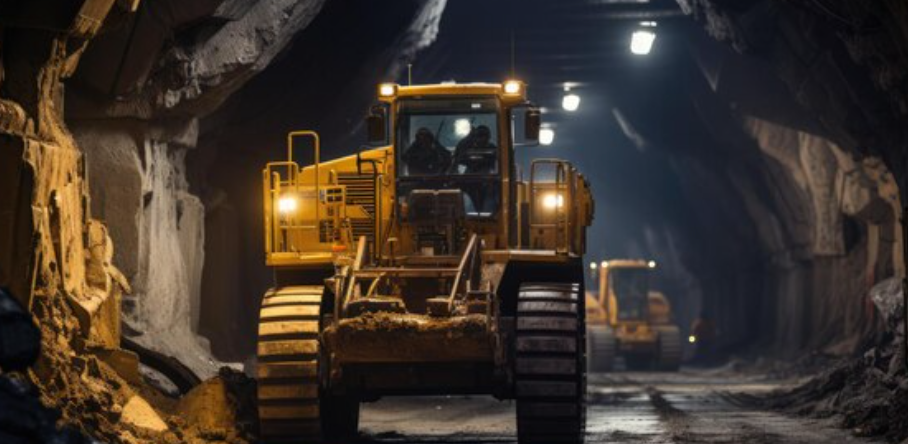#UKCoalMine #ClimateChange #LegalChallenge #NetZero #SustainableEnergy #EnvironmentalLaw #UKPolitics #SteelProduction
The United Kingdom’s decision to green-light its first new coal mine in over 30 years has sparked a significant legal confrontation, reflecting the growing tension between industrial development and environmental commitments. The coal mine, Woodhouse Colliery, is located in Whitehaven, northwest England, and was approved in December 2022 by the country’s then-Conservative government. Developed by West Cumbria Mining, the project has been positioned as a supplier of metallurgical coal, crucial for steelmaking—a process touted as necessary to support the UK’s transition to net zero emissions over the coming decades. As construction preparations move forward with a target to start real building activities by early 2025, the project faces a formidable legal hurdle with hearings beginning in the High Court.
This legal challenge arrives amidst a backdrop of significant political shifts and a recent landmark Supreme Court ruling that emphasized the need for planning authorities to consider the emissions from future use of fossil fuels. The High Court’s decision to hear the case against the Woodhouse Colliery project signals the judiciary’s willingness to scrutinize government decisions on new fossil fuel developments through the lens of climate impacts. Friends of the Earth and South Lakes Action on Climate Change (SLACC) are spearheading the legal challenges, arguing against the government’s approval of the mine on environmental grounds. Their case is supported by the UK’s Labor government’s retraction of support for the mine, admitting to an “error of barrier” in the project’s approval.
The withdrawal of governmental support for the Woodhouse Colliery project and the admission of a legal oversight have buoyed the spirits of environmental campaigners. They argue that the approval of new coal mines contradicts the country’s stated commitments to reducing carbon emissions and transitioning to more sustainable energy sources. The forthcoming court decision could set a precedent for future mining and fossil fuel projects in the UK, potentially influencing the country’s strategy to balance industrial needs with environmental protection.
The move also illustrates the growing influence of climate litigation as a tool for environmental advocacy, demonstrating how legal challenges can influence policy and corporate action on climate change. As the case unfolds, it becomes a litmus test for the UK’s adherence to its environmental responsibilities and its willingness to align industrial projects with its ambitious net zero targets. Regardless of the outcome, the debate around the Woodhouse Colliery underscores the urgent need to reassess the role of traditional industries in an era of escalating climate challenges.






Comments are closed.